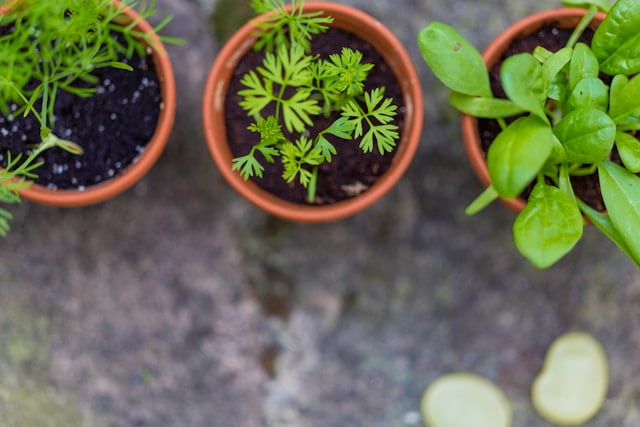
Indoor Gardening
Grow herbs indoor can be a simple and great way to have fresh herbs on hand for cooking needs while also being rewarding with a spread-pleasing smell. If you wish to grow herbs indoor, follow our guides to reach optimum growth. Not all types of herbs grow indoors, so it’s essential to select those that thrive indoors. Basil, parsley, cilantro, mint, chives, thyme, rosemary, and oregano all tolerate indirect light perfectly.
Light Required for Grow Herbs Indoor
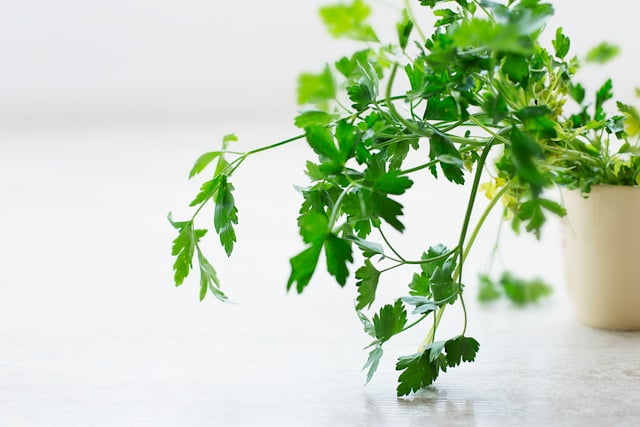
Herbs need plenty of light, more than anything else, to grow. Place your herb pots somewhere that gets at least 6–8 hours of sunlight every day. If natural light is not enough, you can supplement with grow lights and cool white fluorescent bulbs for at least 14 hours per day to ensure proper growth. Aero-garden herbs is another option which make everything easier for you.
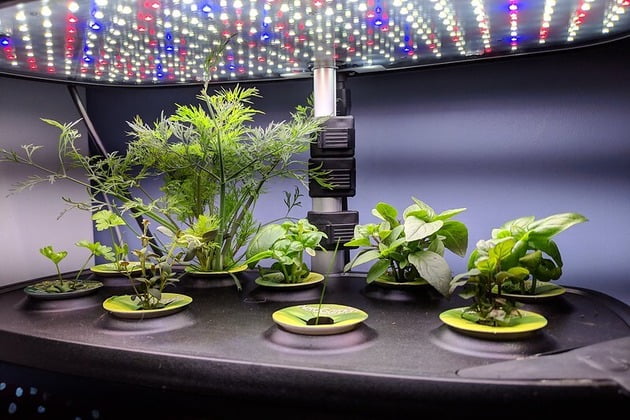
Pot and Watering
To prevent water-logging, choose pots or containers with drainage holes at the bottom. Herbs prefer to be slightly damp. Water them when the potting soil starts to dry out. The container size depends on the size of the herb and root system. So, make sure the container is large enough for the herb to grow. Replace your pots when roots grow out of the drainage hole.
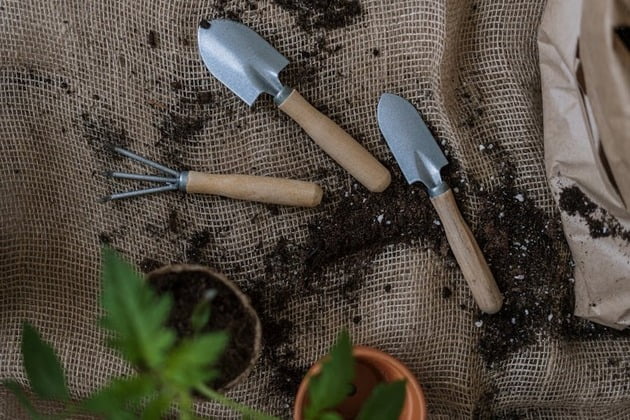
Fertilizer for Grow Healthy Herbs Indoor
Use a balanced, water-soluble fertilizer and follow the manufacturer’s instructions. Fertilizing herbs more than enough may negatively impact their aroma and taste or completely cause root rot.
Best Temperature
The ideal room temperature for grow herbs indoor is between 62 and 74 degrees Fahrenheit (16 and 24 degrees Celsius), which is similar to what humans feel comfortable with. Some herbs, like basil, prefer warmer weather, while others stay fresher in cooler temperatures. But, in general, all herbs can tolerate temperatures between 50 and 78 degrees Fahrenheit (10 and 25 degrees Celsius), and most herbs cannot survive outside of this temperature range.
Keep Pest Out of Your Herbs Garden
The good news is that indoor gardening typically face fewer with pests issue. Presentation is always better than solution, so give your herbs proper care, enough lights, water, and good air circulation. Weak plants are more susceptible to pests. Keep your eyes on uninvited guests like aphids, spider mites, fungus gnats, and whiteflies.
If you notice any signs of pest infestation or disease, take immediate action to solve the issue. You can use plant-based protection spray, which is safe for humans and pets. You can also make your own solution by mixing 1 tablespoon of mild soap or insecticidal soap solution and 1 tablespoon of white vinegar in a gallon of water, then spraying it on infected plants once or twice a week.
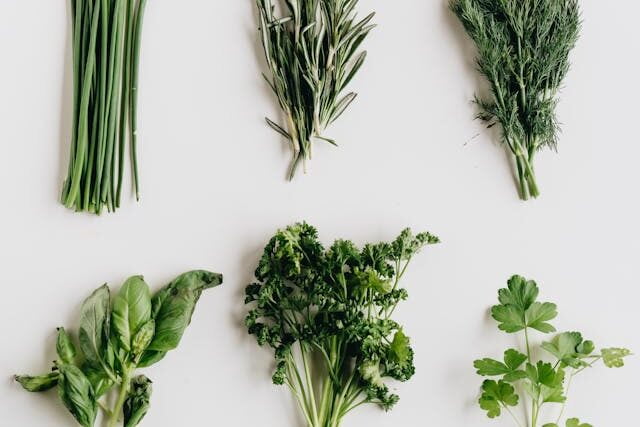
And finally, remember to pinch off the stem tips on a regular basis to increase branching and pick fresh leaves for your next recipe.
Enjoy!

Leave a Reply